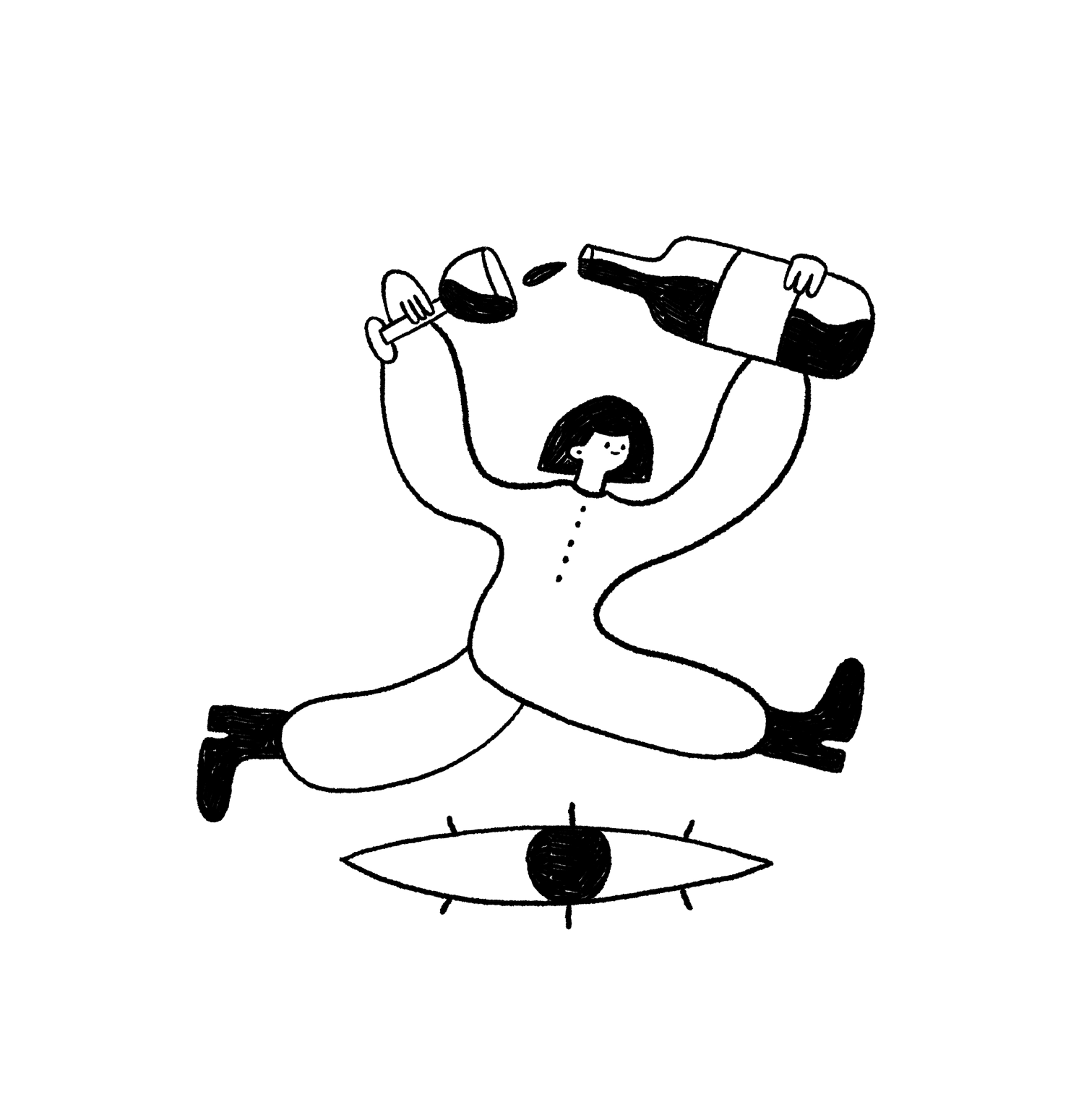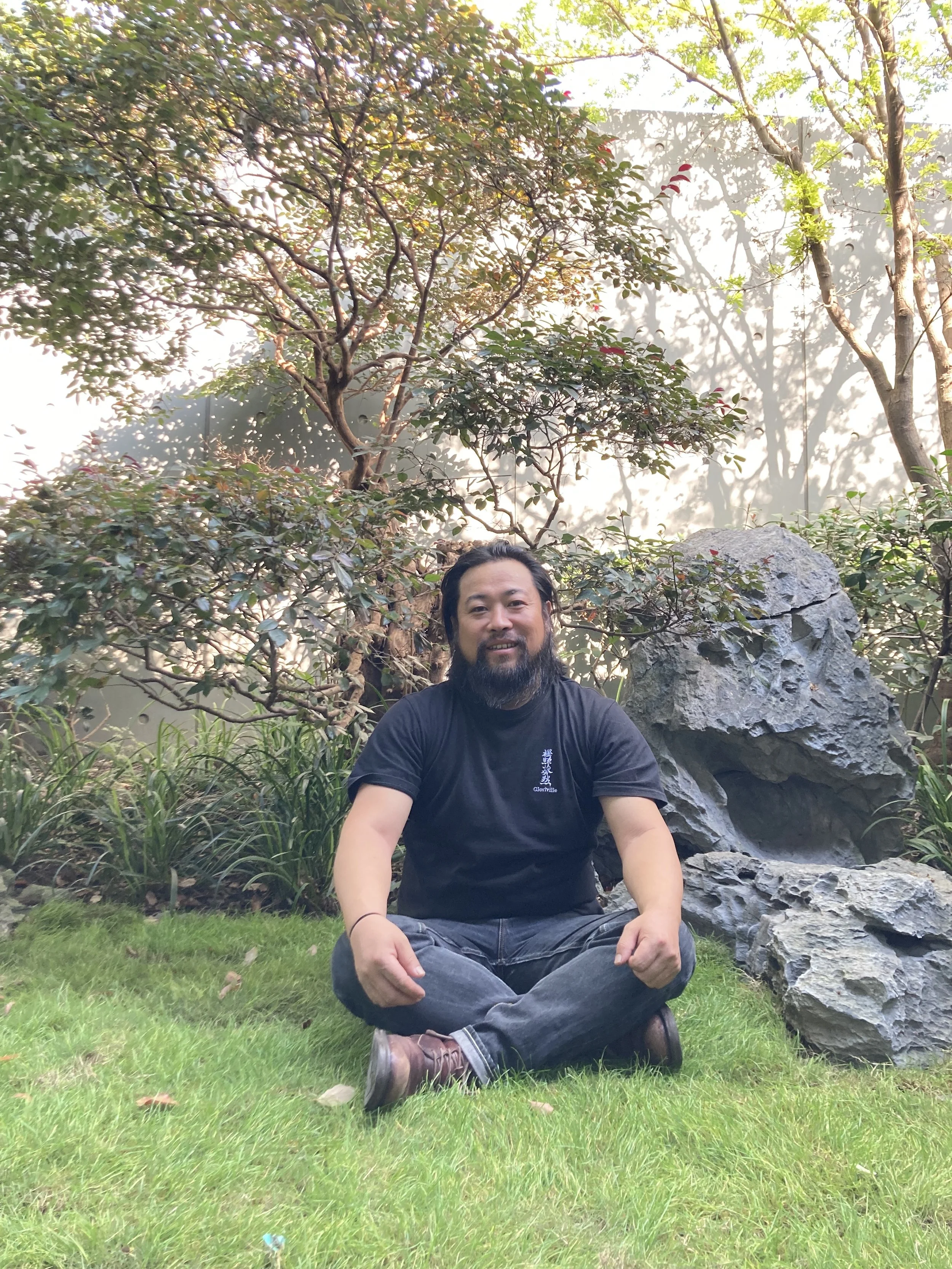Introducing Gloriville
“I’d describe Chengzi’s style as no compromise. I tasted through his entire range in 2023, and I admire his bravery and desire to experiment - with the Longyan blend being my favourite.” - Simon J Woolf
Gloriville is one of the wineries I discovered early during my research of Chinese wine, often mentioned alongside Xiao Pu as one of the leading natural winemakers in the country. However, as was often the case with Chinese winemakers, there was no way to contact them through conventional Western means.
Fast forward to my week in Shanghai for RAW Wine, where I met Chengzi and finally tried his wines for the first time. The red wines were good, with an intensely reductive, savoury red fruit character only achievable from Marselan grown in China. The macerated whites, however, carried so much character. I had heard a lot about this grape - Longyan - a member of the v. vinifera family with an 800-year history in China, but to my knowledge it had only been used to produce low-quality, simple table wines, notably by Great Wall Wine Co. since 1978.
Chengzi was an imposing figure, with a lengthy, stiff beard and fantastic man bun. He only spoke Chinese and Japanese, so we communicated via WeChat translate. Contact cards were exchanged, and I told Chengzi I would love to bring his wines to Australia. I packed a few samples and opened them in Melbourne at the place I best saw fit - a Peking Duck restaurant. The dinner was perfect - the food and the wine playing into the intricacies and subtleties of the wine, and delicate duck.
At the foothills of the Great Wall of China in Zhangjiakou, Hebei, the Gloriville story is a common experience in the region. With 10 hectares of vineyards planted in 1999 to serve large state-owned wineries, Chengzi’s family saw viticulture as an opportunity to contribute to China’s wine boom in the early 2000s. During his childhood, Chengzi had no interest in becoming a winemaker. However after discovering the ‘natural’ wine trend in 2013, Chengzi took over his retired parents’ estate, immediately stopped selling the grapes to the larger, state-owned wineries where they would just be blended off, and transitioned the winery into an independent, organically farmed, environmentally conscious vineyard.
His drawcard - Longyan (pictured above) - is a late budding variety, hardy against late spring frosts and high yielding, producing heavy bunches often four to five times larger than Cabernet Sauvignon. Similar to Gewürztraminer, its skin turns red as it matures. With an 800-year history in Hebei, Chengzi believes it only makes sense to champion something with such an extensive history in the region, especially when previous regional trends struggled to grow quality Cabernet Sauvignon.
Gloriville is as anti-establishment as it gets. Grapes originally intended for industrial use have been fermented with no additions, no corrections, no added sulphites, no filtration and no fining. As of 2023, the winery has been converted to biodynamic principles and is now seeking to become the second Chinese winery with Demeter certification.
I am proud to announce that Australia will be Gloriville’s first exported destination, landing in Melbourne at the end of October.





